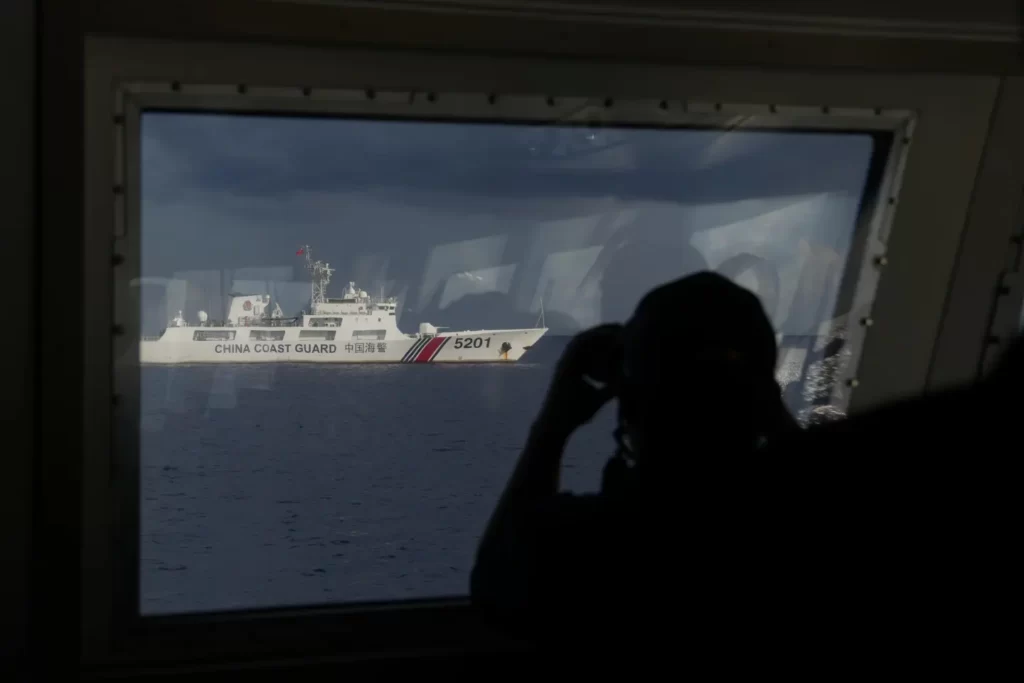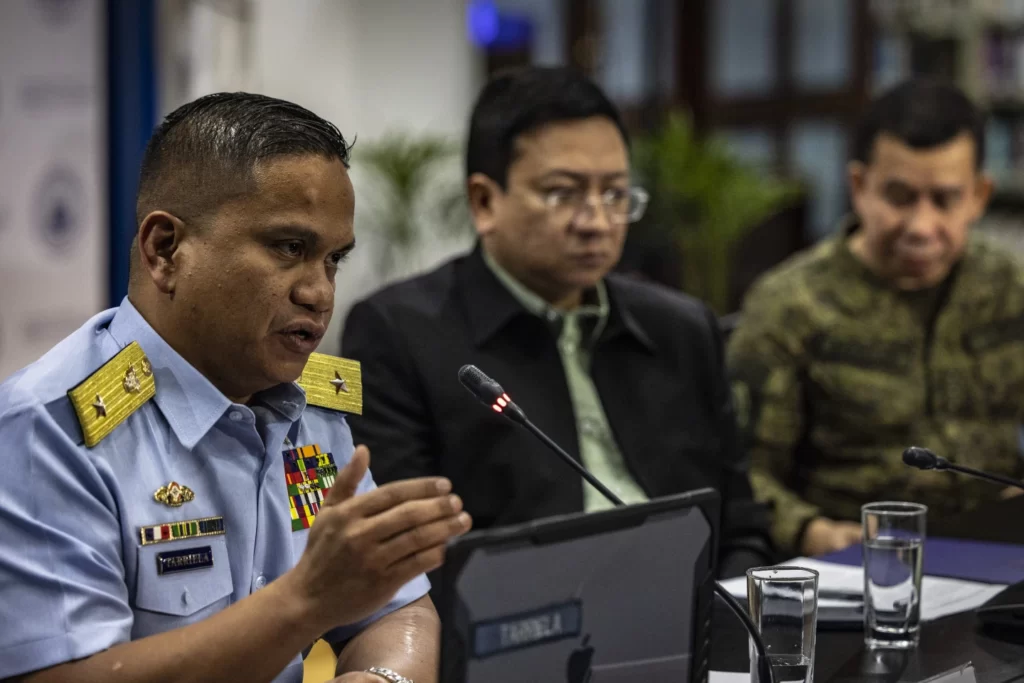
In a recently published National Security Policy document, the Philippine government expressed grave concern over latent military conflict in the Taiwan Strait within the context of “widening the Philippine government polarities and the sharpening strategic competition between the United States and China” as realities of the new geopolitical backdrop. The government reiterated its concerns over the likelihood of military conflict in the de-facto state of Taiwan due to the potential direct consequences for the Philippines, such as economic instability, a refugee crisis, and the welfare of those living in Taiwan. However, as most of Southeast Asia treads delicately through the US-China-Taiwan minefield, is the Philippines setting itself up for failure, or are they merely stating what other countries do not dare say?
China has been staging military exercises over self-ruled Taiwan in recent years, leading to intense scrutiny from other nations, including the United States and Japan. The Association of Southeast Asian Nations (ASEAN) bloc has also had its challenge in handling the South China Sea dispute, in which China maintains its claims to the largest section of the waters, marked by the “nine-dash line.” A resolution appears far beyond the horizons, given China’s preference for bilateral negotiations while most of its neighboring Southeast Asian countries have sought negotiation with the ASEAN bloc, in an attempt to equalize China’s size and power.
Map of the proposed nine-dash- line that China has claims on (Raging Waters in the South China Sea)
According to a report by the Economist Intelligence Unit, Japan, the Philippines, and South Korea will be the hardest hit in the case of a full conflict between China and Taiwan.
Charles Santiago, the ASEAN Parliamentarians for Human Rights (APHR) Chairperson (APHR)
The ASEAN bloc has been severely criticized for their lack of action, with Charles Santiago, a Malaysian lawmaker, and ASEAN Parliamentarians for Human Rights (APHR) Chairperson stating: “How can ASEAN matter if it cannot come together to resolve the most crucial and pressing issue in the region? Who is really deciding on ASEAN’s foreign affairs – ASEAN member states or China?”
Early this year, Chinese Ambassador Huang Xilian warned the Philippines against explicit support for Taiwan’s independence, if it “cares genuinely” for the overseas workers on the island. Tensions between China and the Philippines have especially deteriorated in recent months. Last month, the Philippines accused China of excessive and offensive attacks on their vessels off the Second Thomas Shoal, one of their disputed territory. In late April, a Chinese coast guard ship had a near collision with a Philippine patrol vessel.
China-Philippines relations have become increasingly taut under President Ferdinand “Bongbong” Romualdez Marcos Jr., who has shown a foreign policy that pivots back to closer ties with the United States. At the end of April, the United States and Philippines military concluded their largest-ever military exercise and are looking to work with Australia for military drills in the contested South China Sea territory. In recent weeks, the United States has been in talks with the Philippines regarding the development of a port facing Taiwan.

China has vowed to take Taiwan one day– by force even – if needed. Considering the Philippines’ geographical proximity to Taiwan and the plethora of Filipinos living in Taiwan, it is no surprise that the government is concerned about the possibility of increasing military pressure. However, in a landscape of increasing Chinese military build-up, isolation from the West, and economic fall, is the Philippines standing up for a ‘dear friend?’ Or are they adding more fuel to a fire that will inevitably lead to the country serving as collateral damage?

About the Author
Kellen Budilay
Hi, I’m Kellen and I’m a writer at AYO Post passionate about foreign policy, social issues, and education. I’m a big foodie and am happiest when I’m traveling the world looking for the hidden gems and best local eats around town. One interesting fact about me is that I’m allergic to mosquito bites, so as you can imagine, I’m horrible to go camping with!